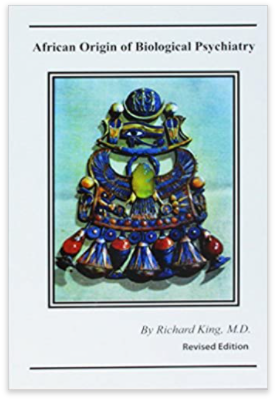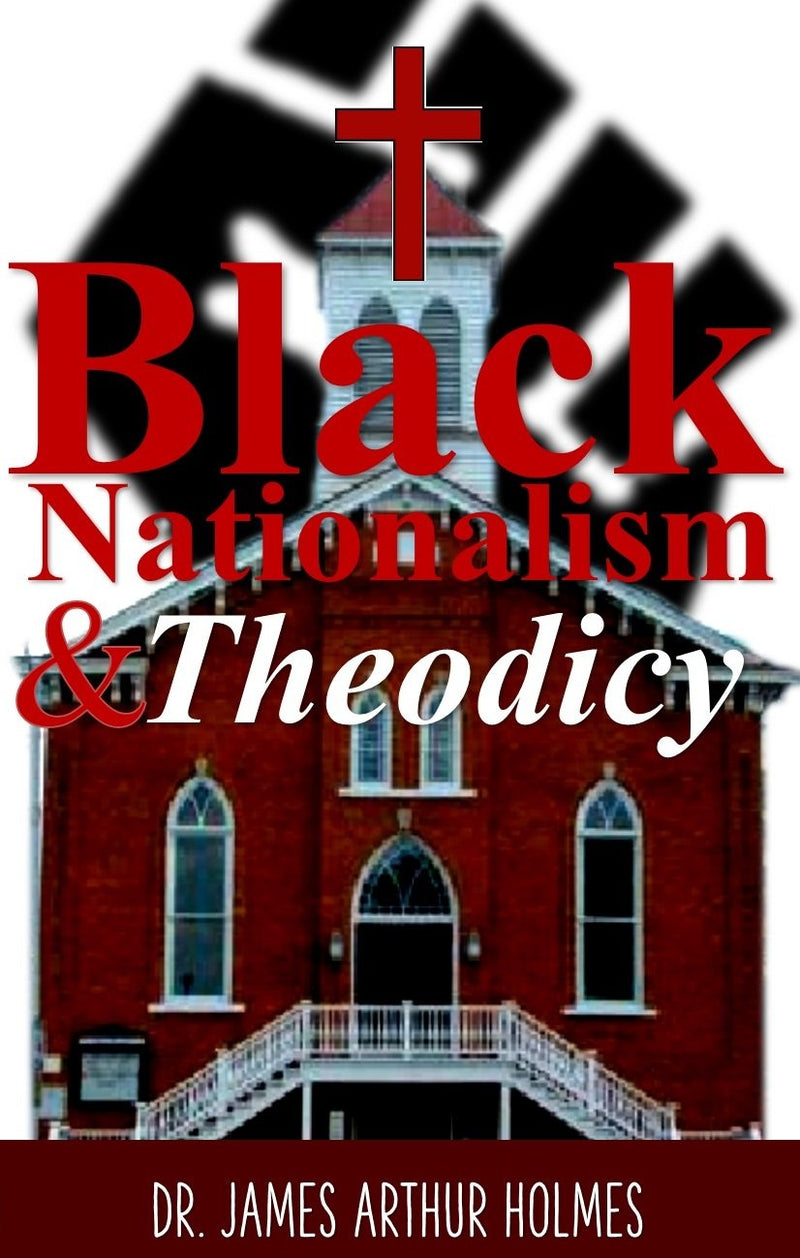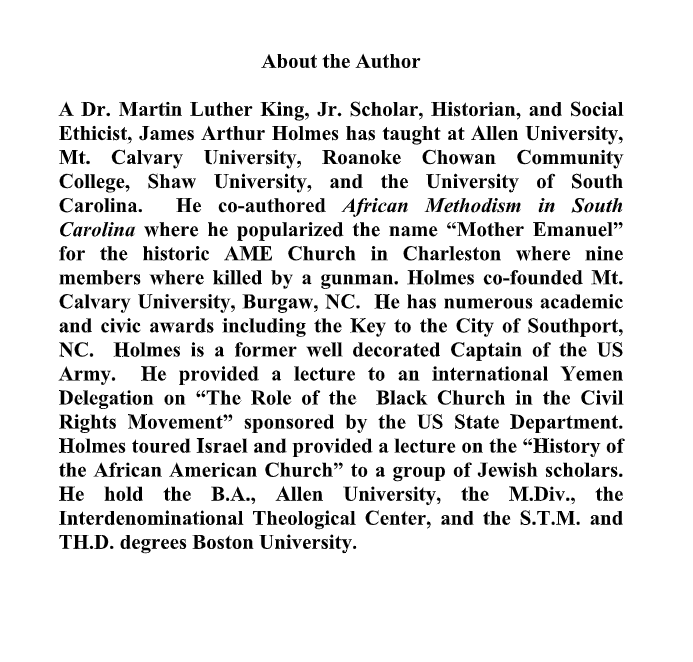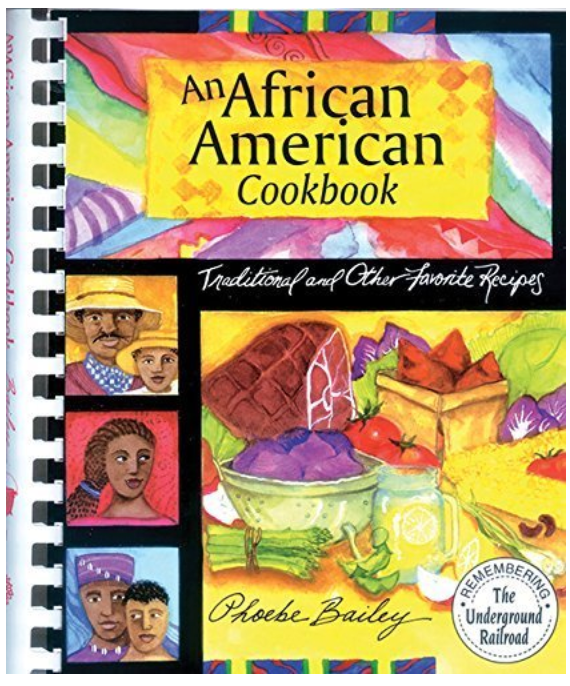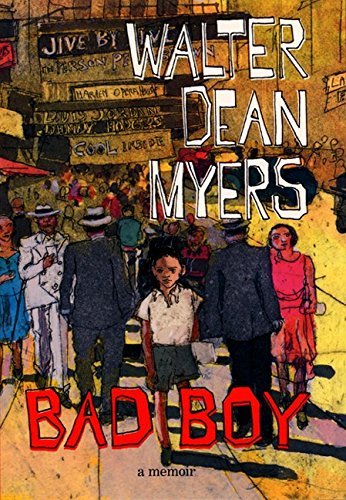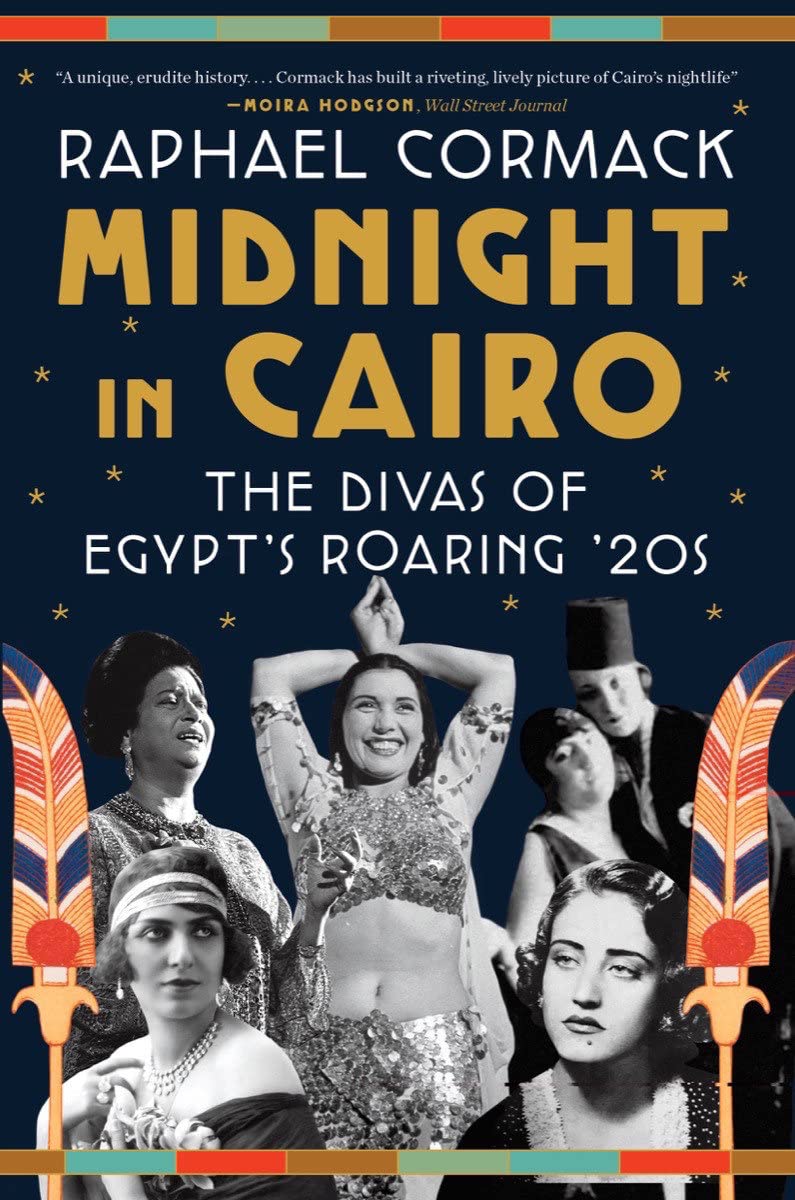In American history, there are few people as controversial or consequential as Nat Turner, who was one of millions of slaves in the South before the Civil War but ultimately led the nation's most notorious slave uprising. In August 1831, Turner led a rebellion that terrorized Virginia for several days, killing dozens of Whites and freeing slaves as his band moved from plantation to plantation. The Richmond Enquirer reported, "A fanatic preacher by the name of Nat Turner (Gen. Nat Turner) who had been taught to read and write, and permitted to go about preaching in the country, was at the bottom of this infernal brigandage. He was artful, impudent and vindicative, without any cause or provocation, that could be assigned." Even after the uprising was put down, Turner evaded capture for a few months, and after he was captured, his "confessions" were taken down and published before he was executed. Virginia would put a total of 56 slaves to death for the uprising.
The repercussions of Nat Turner's rebellion across the South cannot be overstated. The fear imposed by the uprising led states across the South to enforce even tougher codes on slaves; since Turner had been taught to read and write, states forbade slaves from being taught to read or assemble, and in the aftermath, Whites also treated Blacks even worse, with an estimated 200 Blacks being killed in an outbreak of violence. But while Turner was demonized by Whites and held out as a stereotype of what a typical slave might do if given the chance, he was lionized among other slaves and free Blacks as providing an example "when the first should be last and the last should be first." The polarization helped harden opinions on both sides, paving the way for future events like John Brown's attempted rebellion at Harpers Ferry in 1859.








